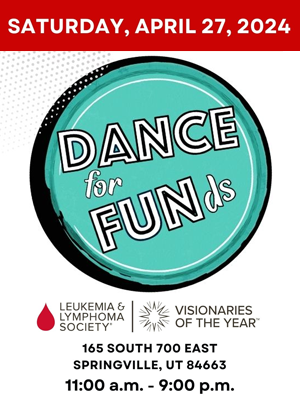Where to turn in a time of crisis for someone struggling with addiction
By jtilton on June 12, 2020
For those who are struggling with a substance abuse disorder, many current events can truly lead to a time of crisis with potentially deadly outcomes.
Dr. Matt Woolley, a clinical psychologist, recently spoke on the Project Recovery podcast to offer helpful ways to try and combat addiction in a pandemic.
Video chats with a licensed therapist to help in a time of crisis
In 2018, a survey of professional psychologists reported that only 48% of psychologists offered their services online. Due to the complications from the effects of the COVID-19 pandemic, that number has shifted dramatically.
Many patients have begun to question whether or not you even have a good experience to share that connection virtually. Luckily, people are adapting to the new standards according to Dr. Woolley.
“The numbers are starting to prove that yes you can,” Dr. Woolley said. “People who were in recovery and were going to meetings or people who haven’t ever done that, they should consider either continuing or starting these video support systems.”
Take advantage of your family practitioner
For many families who are already familiar with their family practitioner, that may be one of the best places to start when addressing a possible addiction.
“Most people have a relationship with a family practice doctor. They’re a great resource because you typically can get in fairly quickly and this affects the general health of your family,” Dr. Woolley said.
The benefits of choosing someone you are already familiar with to get assistance can be an incredible asset. Practitioners might not be able to help directly but they’ll be able to point you to other resources as well as send you to a specialist and give you further information on where to turn in a time of crisis.
Look into your benefits
While mental health benefits in the workplace are still adapting to the ever-growing landscape of mental health awareness, many business have begun implementing various EAPs (Employee Assistance Programs).
“Usually, when we sign up for healthcare plans through work, we’re not thinking about therapy or mental health,” Dr. Woolley described. “But most plans nowadays have some sort of mental health benefit so that’s a good place to start.”
According to a poll published by the International Foundation of Employee Benefit Plans (IFEBP), 68% of 619 U.S. organizations polled planned to increase their emphasis on mental health services by next year.
So, be sure to take a look into your healthcare package to find a list of providers appropriate to your insurance plan.
Download the SafeUT app
Many Utahns have found an incredibly valuable resource in combatting mental health disorders by using the SafeUT app. The app was originally developed in 2015 to help provide assistance regarding mental health issues, as well as to provide real-time crisis intervention for Utah’s youth.
According to Dr. Woolley, the app is used as an outlet for teens who may struggle with a major depression disorder and possibly have suicidal thoughts.
“Just think, unsafe. If there is something that feels unsafe, it’s a good resource to reach out and make some connections,” he added.
You can text or call in anytime if you feel like a member of your family is struggling with substance abuse.
Call the National Suicide Prevention Lifeline (1-800-273-8255)
In such a dangerous time of crisis, psychologists are still unsure of the long-term effects that the pandemic will have. One of their main concerns though is a potential rise in suicide rates.
Dr. Woolley says that one way we can combat the negative effects of the pandemic is by “making a connection”.
“All recovery change starts with making a connection somewhere with someone and finding support that leads you to better ideas,” he explained. “If you’re depressed, you’re not thinking clearly and you aren’t problem-solving well. Let someone else who’s been there and can give you some professional and even peer-to-peer support.”
If you or anyone you know may be experiencing the following warning signs please call 9-1-1 immediately.
- Increased substance use
- No reason for living, no sense of purpose in life
- Anxiety, agitation, unable to sleep or sleeping all the time
- Feeling trapped — like there’s no way out
- Hopelessness
- Withdrawal from friends, family, and society
- Rage, uncontrolled anger, seeking revenge
- Acting reckless or engaging in risky activities, seemingly without thinking
- Dramatic mood changes
Listen to the podcast to learn more about substance abuse awareness in a time of crisis
For more information on addiction or if you or someone you know is struggling, you can find more information on Facebook, KSL TV, or from Use Only as Directed. To hear more from Casey Scott and Dr. Matt Woolley, you can listen below or subscribe to the ‘Project Recovery’ podcast on Apple Podcasts or wherever you get major podcasts.









